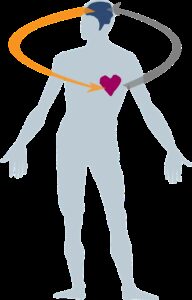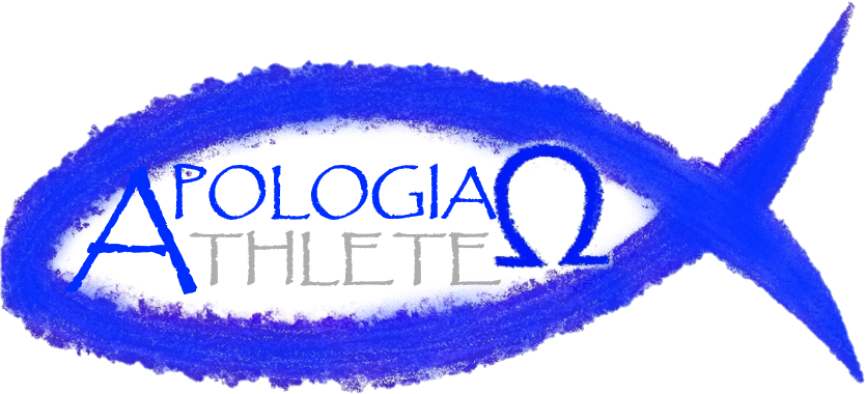The primary purpose of CPR is to keep oxygenated blood flowing to the brain until the heart can be defibrillated (mended), and the person revived. Without an oxygen supply, the brain’s cells will begin to die, and the functioning of the body will follow suit. If you are familiar with CPR, you know that the process is no small feat. There is a harmony that must be found between the emergency protocol, compressions, and rescue breaths in order to provide the victim with the best chance of survival. During such an event as cardiac arrest, another person has to act as the substitute for the heart during CPR, making sure that blood can be oxygenated and delivered to the brain, at least in some capacity.
Just as the brain is dependent on the heart for oxygen, our minds are dependent on our hearts (our innermost part) to provide meaning, passion, and application. Both the heart and the mind have their purpose, and they must work together to achieve completeness. This is also perfectly illustrated by our anatomy (form) and physiology (function). One of the major arteries that carries oxygenated blood from the heart to the brain is called the carotid artery. One of the major veins that carries blood back to the heart from the brain is called the jugular vein. We need both. In order for the body to function, there needs to be a way to get what is in the heart to the brain, and what is in the brain back to the heart. It is no different with our being as a whole (Proverbs 9:10).
“JUST AS THE BRAIN IS DEPENDEDNT ON THE HEART FOR OXYGEN, OUR MINDS ARE DEPENDENT ON OUR HEARTS TO PROVIDE MEANING, PASSION, AND APPLICATION.”
A person spewing a bunch of facts may be right, but that does not mean that they are in the right. A person doing everything they can to help may be well-intentioned, but that does not mean that all of their intentions will turn out well. Therefore, a balance must be found between knowing the truth, and acting in light of that truth. One example of this would be a student’s reaction to hearing about an upcoming test. If the student knew there was a test approching, but didn’t study, they would be severely limiting their potential. On the other hand, if a student did know that a test was coming up, and studied a bunch of material that didn’t have to do with the test content, they would also be severely limiting their potential. In order for the student to maximize their potential on an upcoming test, they would have to both be aware of it and be determined to study properly for it.

This needs to be applied in our studies, in our work, and most importantly, in our praise to God. Studies can be well guided by the passion of the heart, and knowledge gained must be quickly turned into wisdom applied. Work sought for a paycheck must be quickly turned into a way to positively impact those around. Knowing that God is self-sufficient (self-existent, Exodus 3:14), omnipresent (present everywhere, Psalm 139), omnibenevolent (all-good), omniscient (all-knowing, 1 John 3:20), omnipotent (all-powerful, Psalm 115:3), triune (Matthew 28:19-20), and so on, is essential. Yet, knowing this does not complete the picture for us. The head knowledge of these things must be linked to the passion of the heart in order for the canvas to be filled.
Ultimately, what we know about God must be connected to the praise that we give Him. Theology (the study of the nature of God) must be connected to doxology (how we give praise to God). If we know a bunch of facts about the nature of God, but don’t give Him praise for His attributes, the picture is incomplete. On the other hand, if we shout our praise from the rooftops, but don’t honor God with our speech, the picture is again incomplete. Any skeptic can know a bunch of facts about the nature of God. Any religious person can shout praise from the rooftops. Only a Christian can connect the two, head and heart, in harmony (Philippians 4:7).
